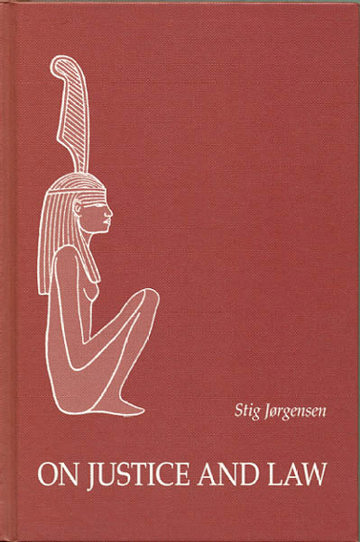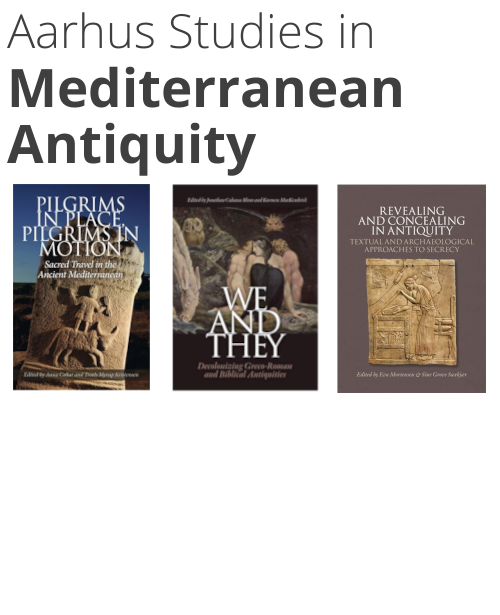
On Justice and Law
A part of the subject area Law
More about the book
About the book
The purpose of law is to regulate various aspects of social life. Most theories of law elevate just one of these functions of the law to a universal or supreme level, whilst turning a blind eye to the others.
Stig Jørgensen argues that any plausible theory of law must take into account all relationships of law, covering language interpretation of rules and facts, contradiction and arbitrariness, teleological legal argumentation, concept of equality, and morality. The concept of Justice is later isolated showing the primary human need to believe in a final weighing up of one's actions or failures.
Table of contents
PART 1:
Justice and Law:
Introduction
Epistemology and the Theory of Law
Interpretation and Description
Alf Ross's Theory
Rules and Principles
Model and Analogy
Pluralis Juris
Judicial Discretion
Natural Law and Justice
Conclusions
PART 2:
Justice:
Introduction
Concept and History
Justice and Equality
Equality or Arbitrariness
Rule - Principle
Morality and Justice
Conditions of Validity or Function
Pluralism and Legal Principles
Anthropology and Politics
Just War and Positive Law
The Law of Reaction
Justice in Literature
Justice and Duty
Symmetry and Justice
Justice as Process
Competence to Act
The Merits of a Case: Law and Politics
Reasonable and Just
Justice and Natural Law
Abuse of the Law
Priority
Conclusions
References
Index




